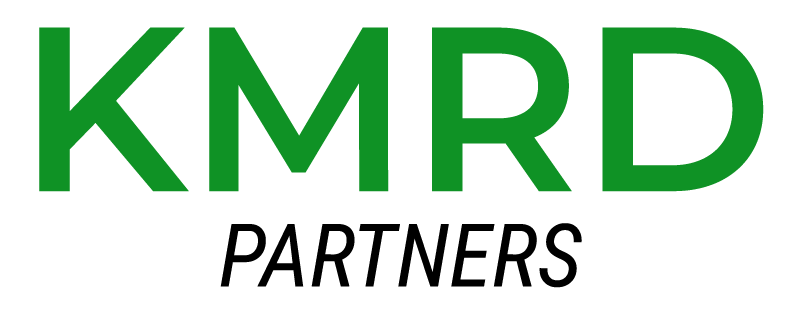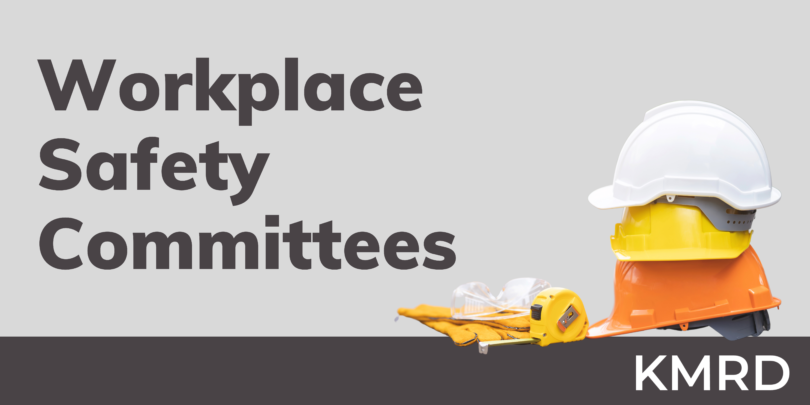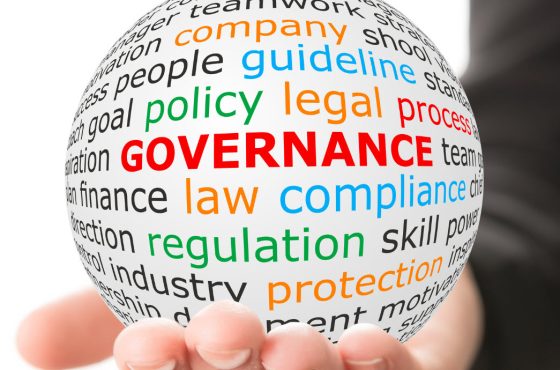Workplace Safety Committees
This past summer, a Pennsylvania bill was passed stating safety committees need to educate their workers on substance abuse. The approval of this legislation is now encouraging businesses to re-evaluate the state of their safety committees.
By Bob Dietzel, Co-Founder, and Principal
WARRINGTON PA, January 5, 2022 – Pennsylvania lawmakers recently passed new legislation that would require workplace safety committees to provide substance abuse resources to employees, including opioid painkiller use. The legislation will require the state to notify, develop and make available resources to allow employers to comply with this new section within 21 days. KMRD will provide updates as new information becomes available.
When was the last time your company evaluated the effectiveness of your workplace safety committee?
Many Pennsylvania employers have workplace safety committees, in which representatives from various departments meet monthly to discuss safety issues, hazards and best practices. The purpose of these monthly meetings is to promote a culture of safety and ultimately reduce the frequency and severity of workplace injuries. Pennsylvania Workers Comp law also provides a 5% policy discount for employers maintaining certified safety committees.
However, a recent study of policyholders between 1994-2016 suggests having a safety committee does not necessarily correlate with a healthy workers compensation program:
- Although the number of participating risks increases each year, only 2.6% of eligible risks participated in the program in 2016.
- Participating risks have higher total claim frequency than non-participating risks, every year.
- Participating risks had better loss ratios than non-participating risks in only ten of the past twenty-two years and in only two of the past ten years. In other words, companies without certified safety committees had better loss ratios.
While this data seems counter-intuitive, it supports the concept that employers only benefit from their workplace safety committees as much as they invest in them. Like a tool left sitting on a workbench, a workplace safety committee will be ineffective if it isn’t properly employed. Top-down leadership support and customized, relevant content is critical.
Although responsibility for managing the workplace safety plan should be assigned to the safety committee, experience tells us without consistent senior executive attention and prioritization, safety processes fail almost 100% of the time. Conversely, the chance of improving your organization’s safety process and outcomes increases exponentially with senior management support. There is no substitute for demonstrating there is a commitment to a safe work environment at the “C” level.
Training and Implementation
Training employees to become aware of and to adhere to loss control guidelines is a critical element of your Workplace Safety Plan. It is only through rigorous training, follow up and encouragement you can ensure your employees will keep safety top-of-mind throughout the workday no matter the situation, no matter the stress of operations.
The Workplace Safety Plan will fail without consistent employee training. Training should clearly identify the full set of workplace hazards for employees through words and visuals. Training should also be refreshed at regular intervals. Those who are most vulnerable to accidents are typically at your organization’s fringes; the new employee and the long tenured. Without training, the first group doesn’t know while the second group thinks it knows it all.
Communications
Effective communications are an essential element in establishing a comprehensive safety system.
By posting reminders and warnings about safety throughout the job site, you will further emphasize to employees the importance of following the company safety plan. Communications outreach should be consistent, frank, transparent, and create meaningful dialogue on issues identified for resolution. Employees can recognize a “puff piece” from a mile away. It drains credibility and energy from the team.
Recordkeeping
Accurate and detailed recordkeeping is a vital, essential element of every workplace safety program. It is also a necessary requirement towards satisfying OSHA and additional regulatory requirements. Recordkeeping creates accountability and effective business management, while memorializing results for safety inspections and insurance audits.
Enlist the aid and guidance of your trusted insurance agent or broker regarding your Workplace Safety Plan. Their expertise will help to ensure this important activity’s success.

To learn more about Bob please visit here.
KMRD Partners, Inc. specializes in providing Risk Management, Insurance Brokerage, and Human Capital Solutions. Our award-winning team, disciplined approach, proven processes, combined with our Risk Management Portal make KMRD the leading choice for existing clients and future partners looking to improve protection and reduce the overall cost of risk. Founded in 2005 – and with over 2000 clients nationwide, 40 staff members, and three offices operating in the Greater Philadelphia area – KMRD is one of the nation’s fastest growing independent agencies with double digit revenue growth each year for over 10 years running.
For more information, contact KMRD online or call 866-957-5673. Follow KMRD on Twitter @KMRDPartners, Facebook and LinkedIn.





